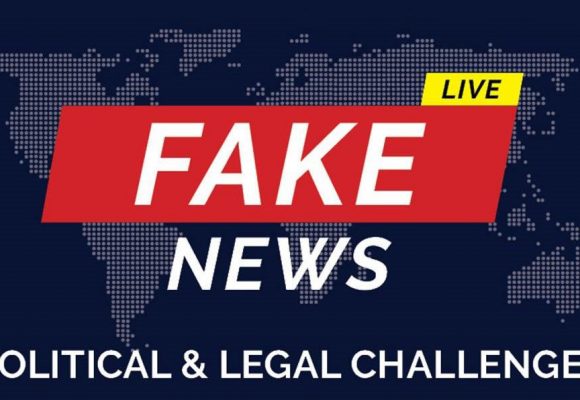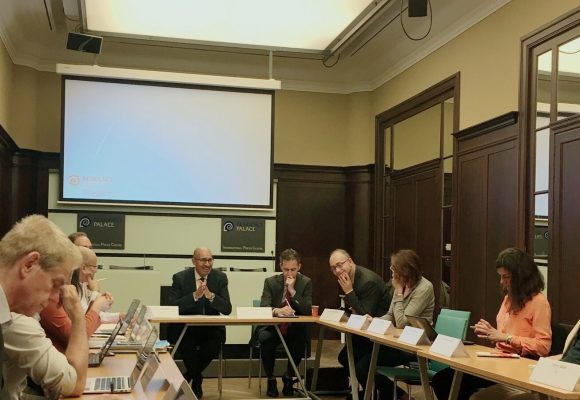European parliament discusses the political and legal challenges for fake news
Fake news have become an unavoidable term when talking about (digital) media. They are seen as an effective tool of manipulating political discourse, a way for content creators to generate revenue from advertising and are easily widespread on the social media. The parliamentary group of social democrats in the European Parliament organised on Wednesday (06/09/2017) a conference to tackle the political and legal challenges linked to fake news and invited Ricardo Gutiérrez, General Secretary of the European Federation of Journalists, as an expert to the panel. Arnaud Mercier, professor of political communication at Panthéon-Assas University in Paris, said that fake…











